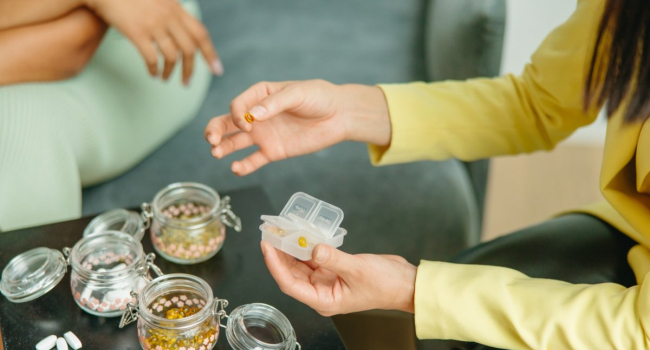Six popular supplements that people usually take to improve heart health and lower “bad” cholesterol don’t actually work. That’s the conclusion reached by scientists at the University of California, who told the American Heart Association’s 2022 Resuscitation Scientific Symposium.
“Bad” cholesterol are low-density lipoproteins (LDL). They form atherosclerotic plaques that cause blood vessels to narrow, resulting in impaired blood flow to organs and can lead to atherosclerosis, as well as both heart attacks and strokes.
To reduce “bad” cholesterol, people often take fish oil, phytosterols, eat garlic, cinnamon, turmeric and red yeast rice.
To assess the effects of these supplements, researchers compared their effects with low-dose statins — cholesterol-lowering drugs — and a placebo. The study included 190 volunteers with no history of cardiovascular disease. All participants were divided into groups and received the above supplements for 28 days.
Statins had the greatest effect and significantly lowered “bad” cholesterol levels compared with supplements and placebo. The average decrease in LDL levels after 28 days of taking statins was nearly 40%, total cholesterol levels also decreased by an average of 24%, and blood triglyceride levels decreased by 19%. None of the volunteers who took the supplements or placebo showed significant reductions in LDL, total cholesterol, or triglycerides.


